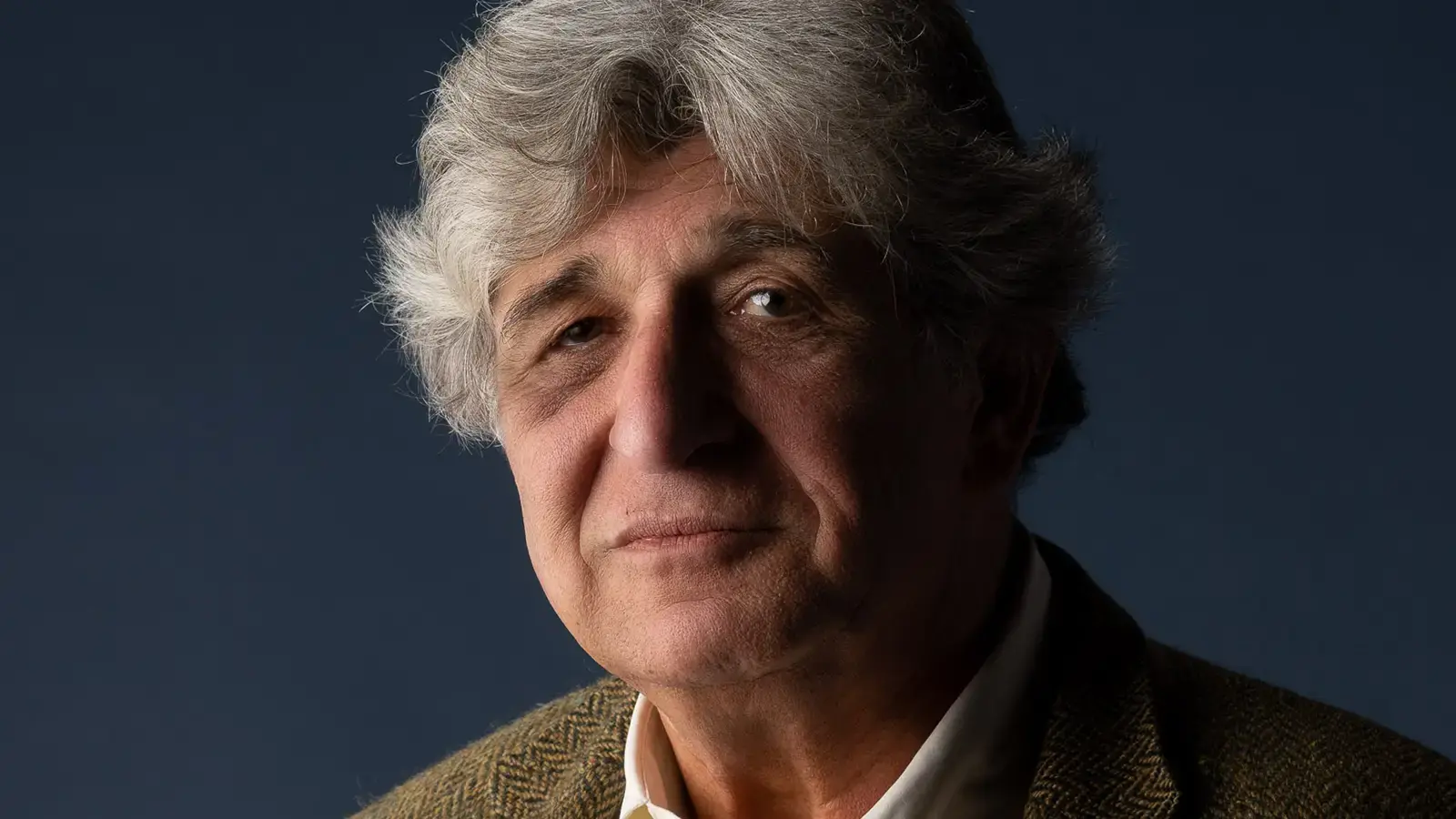Simon Wynberg on Miklós Rózsa’s “Double Life” as a composer for films
- Talks & More
April 3, 2025
6:30 pm - 8:30 pm
Miles Nadal JCC
750 Spadina Avenue Toronto
This talk is presented in partnership with the ARC Ensemble, in the lead up to a concert called Hollywood Exiles, featuring music by Franz Waxman and Miklós Rózsa, on Sunday, April 6, 2025. [LINK to https://www.rcmusic.com/events-and-performances/arc-ensemble-hollywood-exiles]
Simon Wynberg, the ARC Ensemble’s Artistic Director, discusses the works on the upcoming ARC program, and what Miklós Rózsa described as his “Double Life,” in which film and concert music competed for his attention.
Miklós Rózsa (1907-1995) was born into an assimilated Hungarian Jewish family that had converted to Lutheranism. After graduating from the Leipzig Conservatory, he worked in Paris and London, settling in Hollywood in 1940, and working regularly in Italy from 1953. Of his over one hundred film scores, 17 were nominated for Academy Awards – beginning with The Thief of Bagdad in 1940 and ending with Dead Men Don’t Wear Plaid in 1982. He won Oscars for Ben-Hur, Spellbound and A Double Life.
Franz Waxman (1906-1967) a German-Jewish conductor, and legendary film composer, fled Berlin in 1934 after a vicious assault at the end of Nazi thugs, first to Paris and then Hollywood. The Bride of Frankenstein, Sunset Boulevard, Rebecca, Stalag 17, The Philadelphia Story and Rear Window are among the over 140 films he scored.
Edinburgh-born Simon Wynberg grew up in South Africa, and then moved to London, where he earned a musicology degree at Goldsmiths’ College. During the 1980s, he researched and edited an extensive repertoire of guitar music for several publishing houses. Simon moved to Toronto in the early 1990s. His administrative, practical and musicological experience led to his appointment as the Artistic Director of The Royal Conservatory’s ARC Ensemble, a project initiated by the Conservatory’s CEO, Dr Peter Simon. Since its Music Reborn (2003) and Music in Exile (2006) series in Toronto, the ARC Ensemble has established an international reputation as a result of its pioneering work in the research, performance and recording of music marginalized and forgotten as a result of political suppression.

